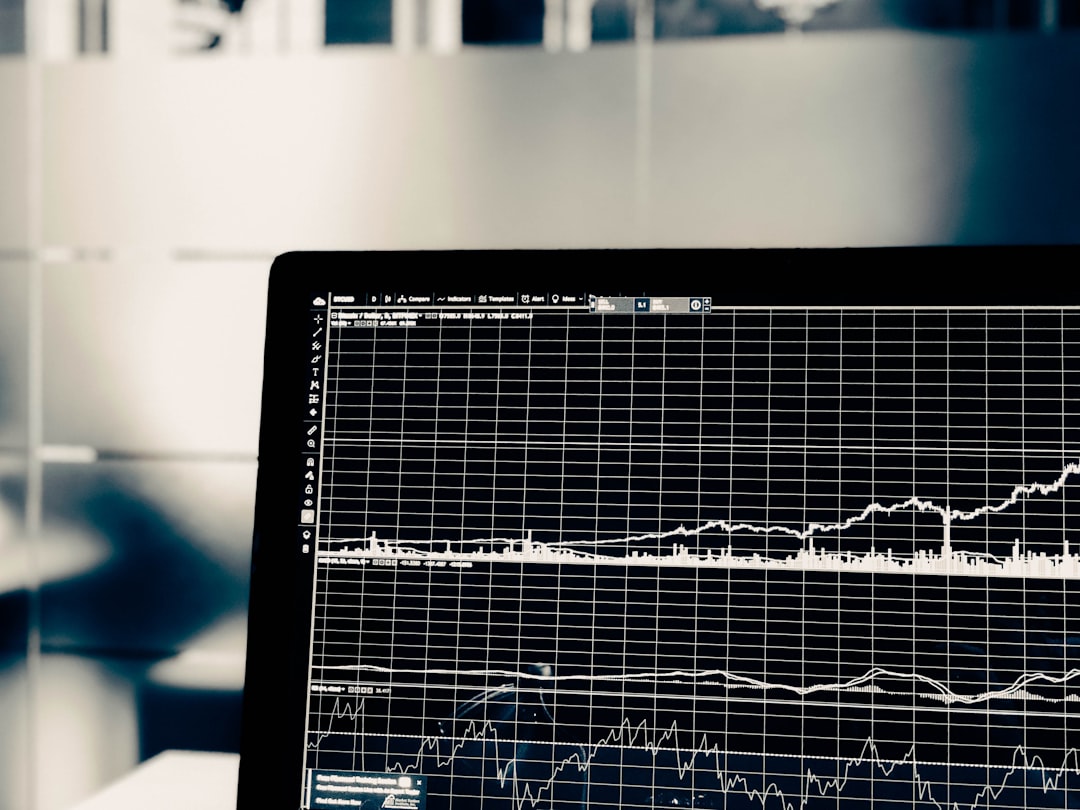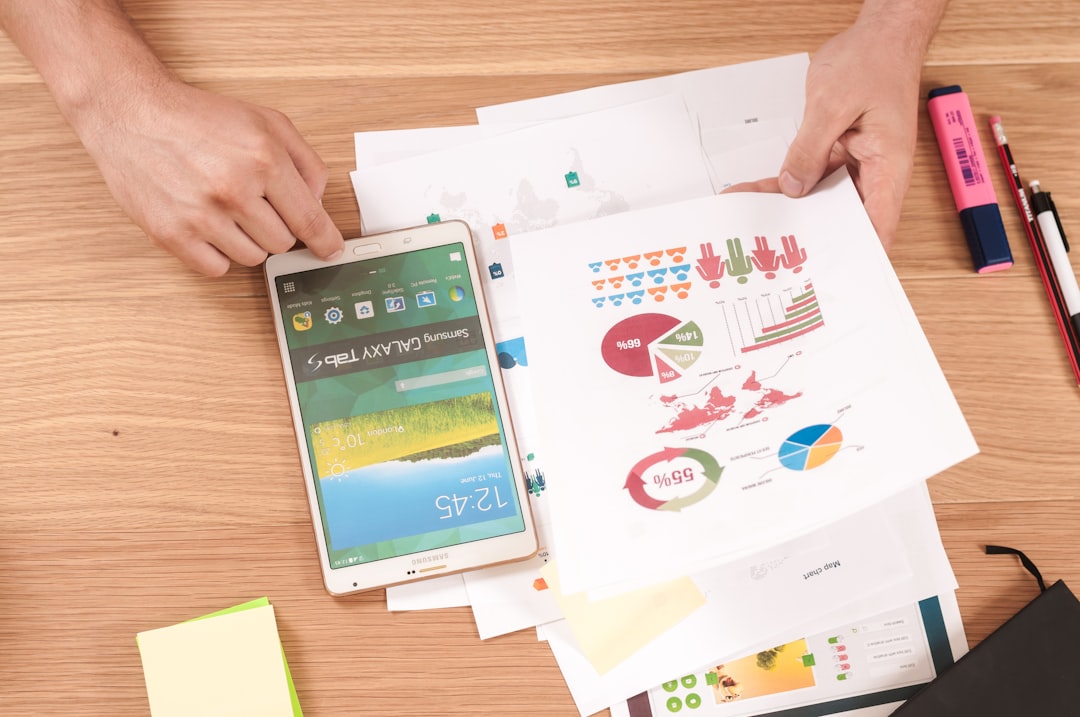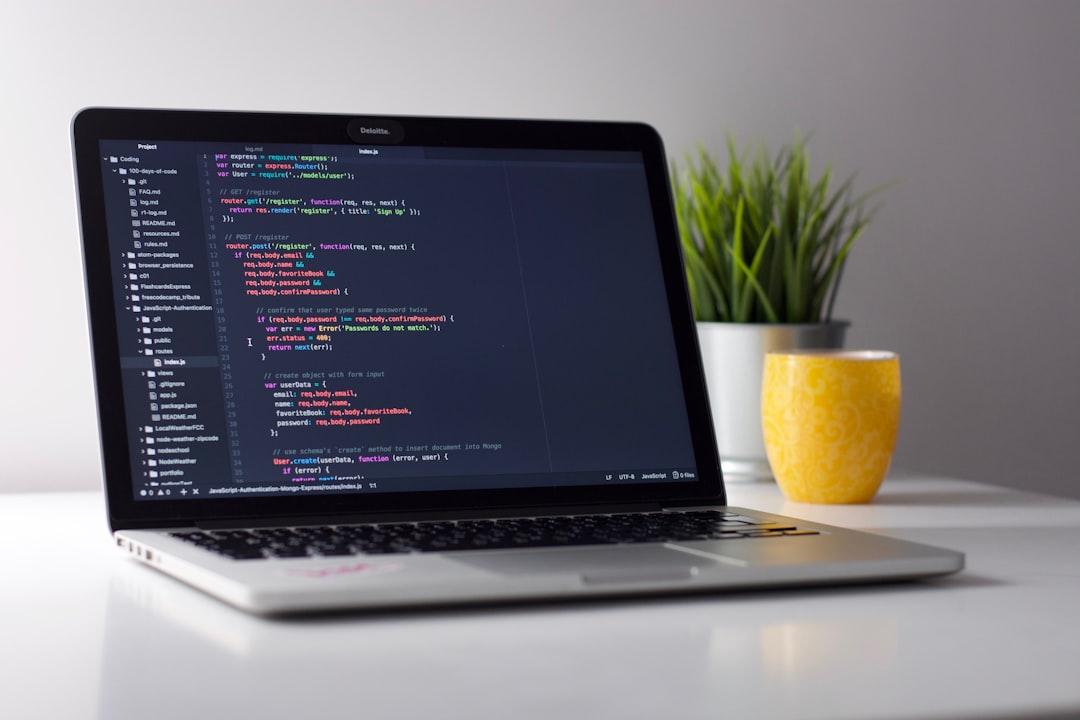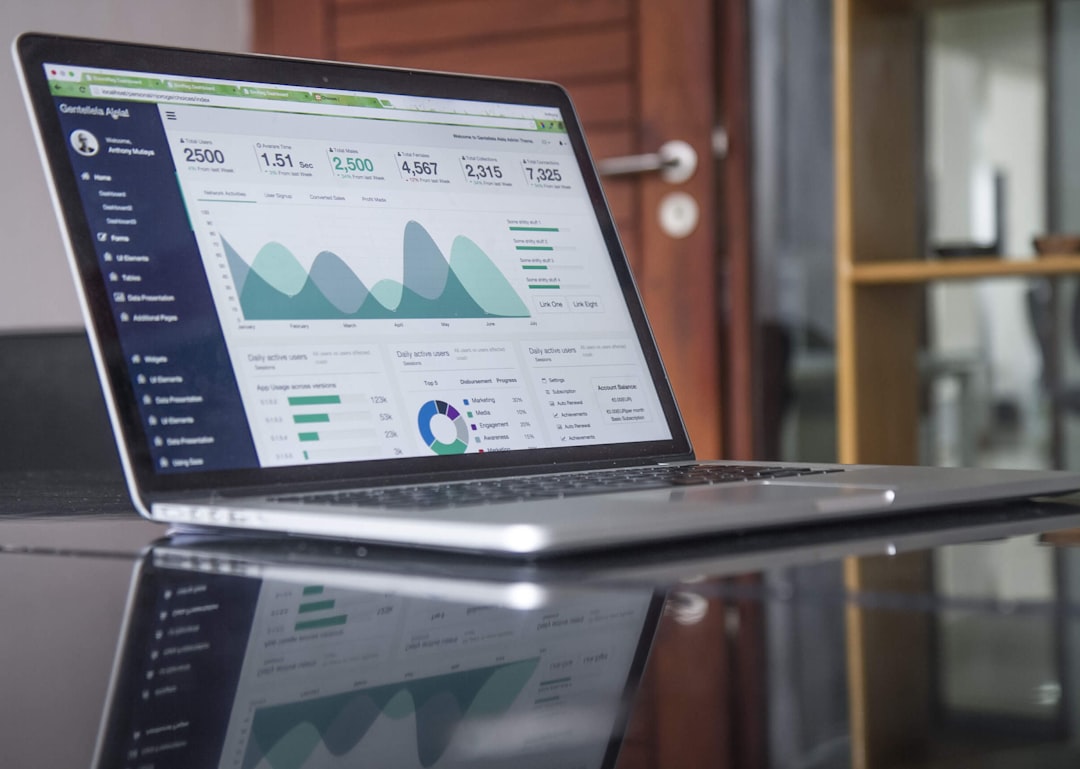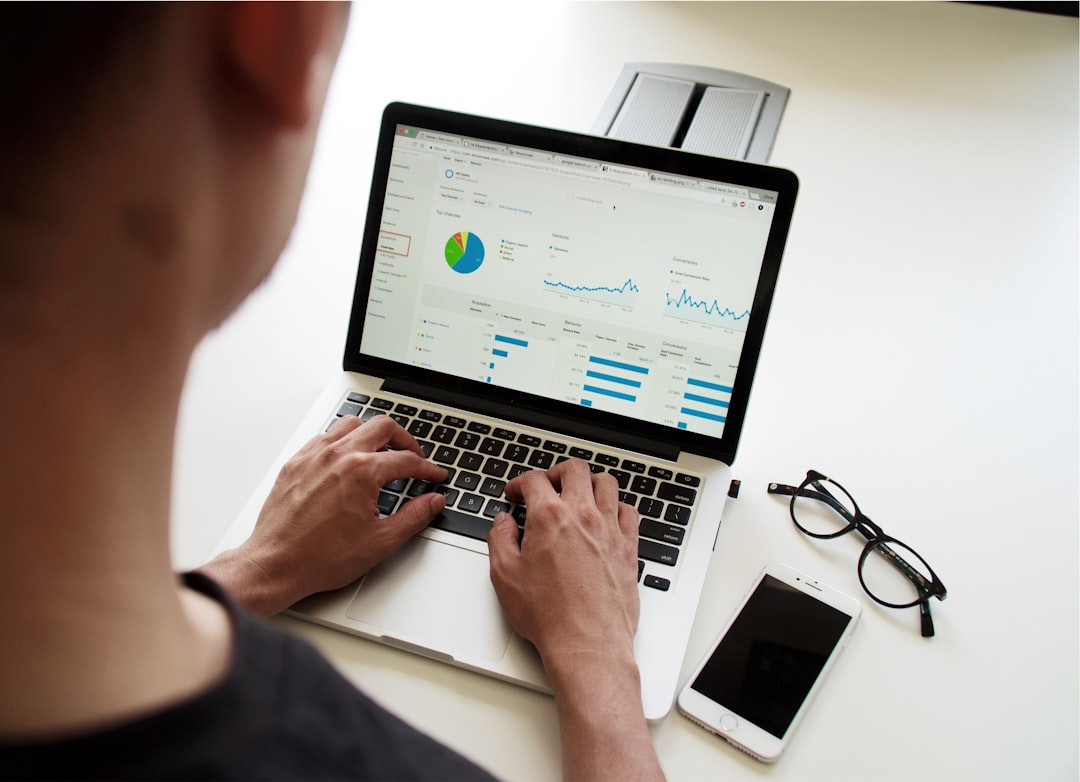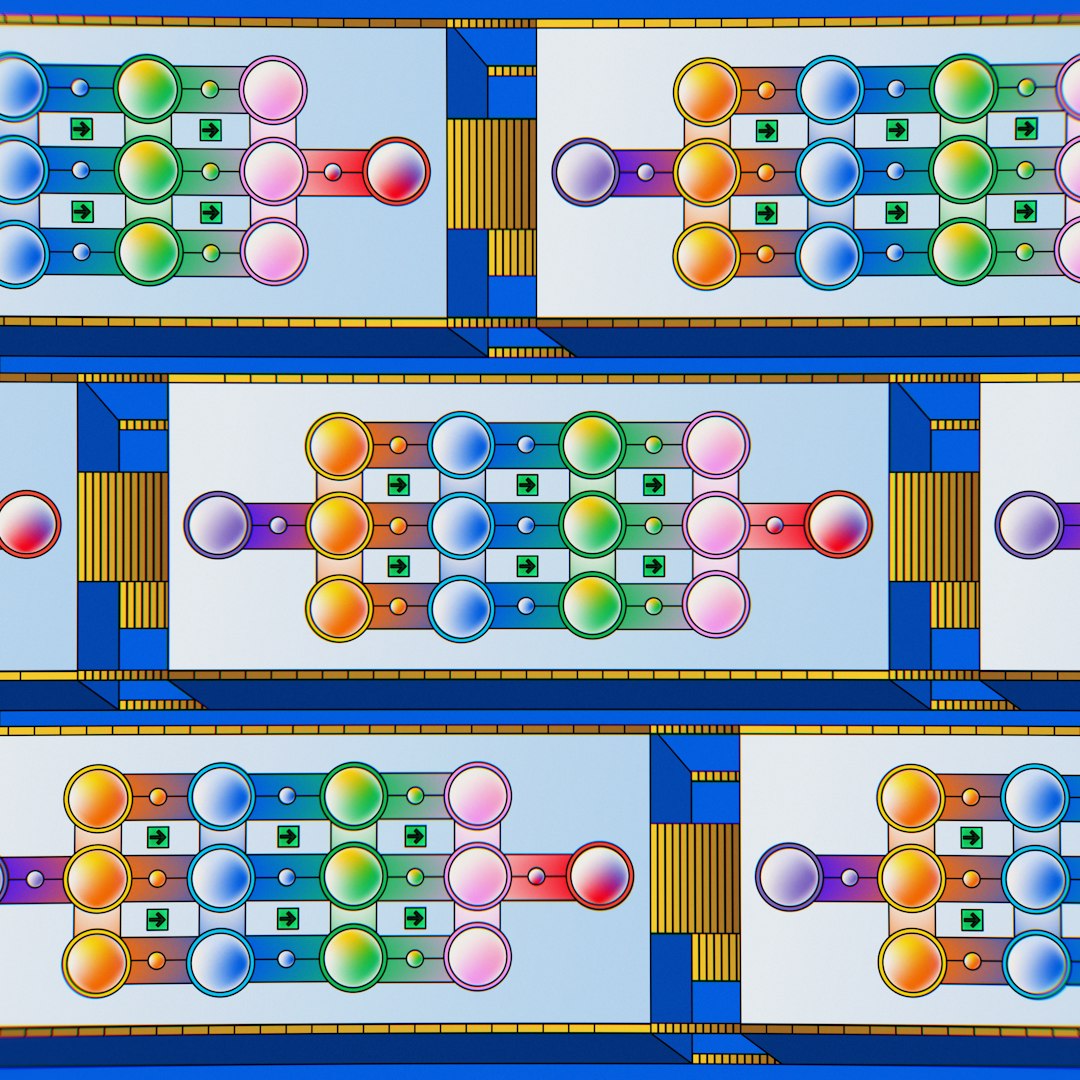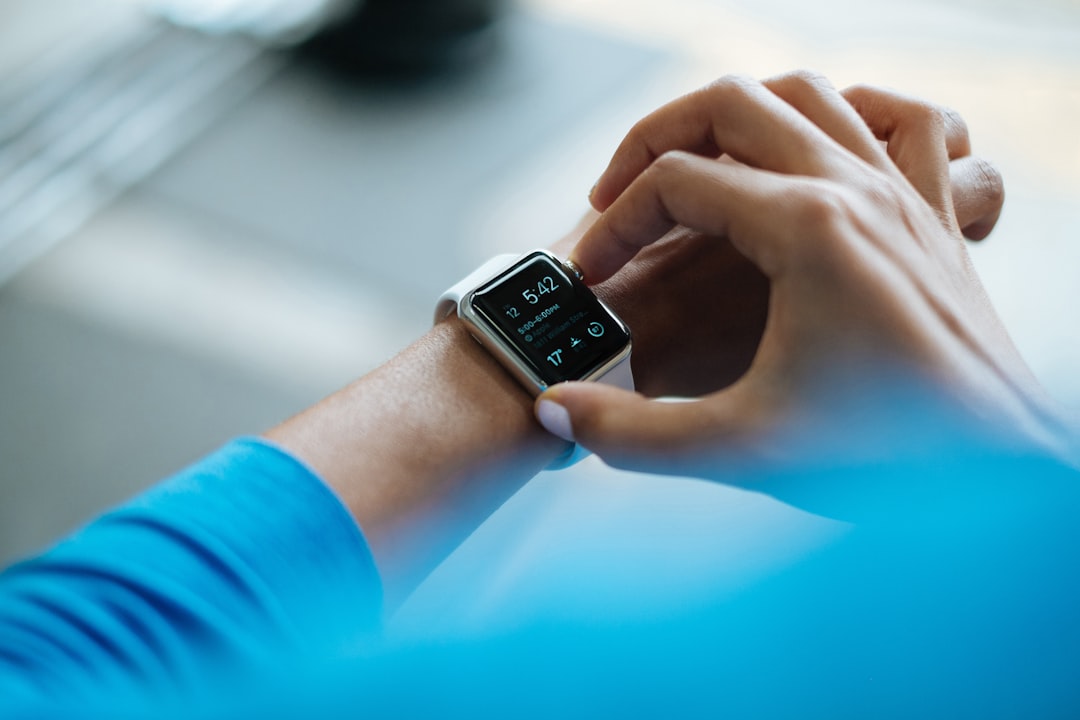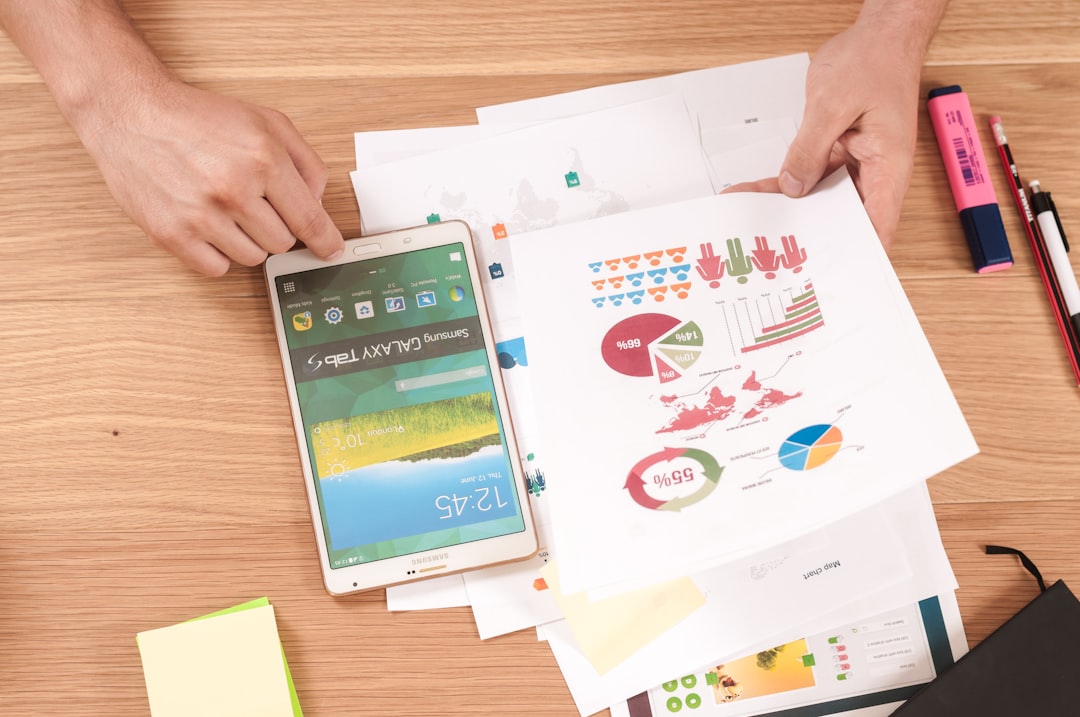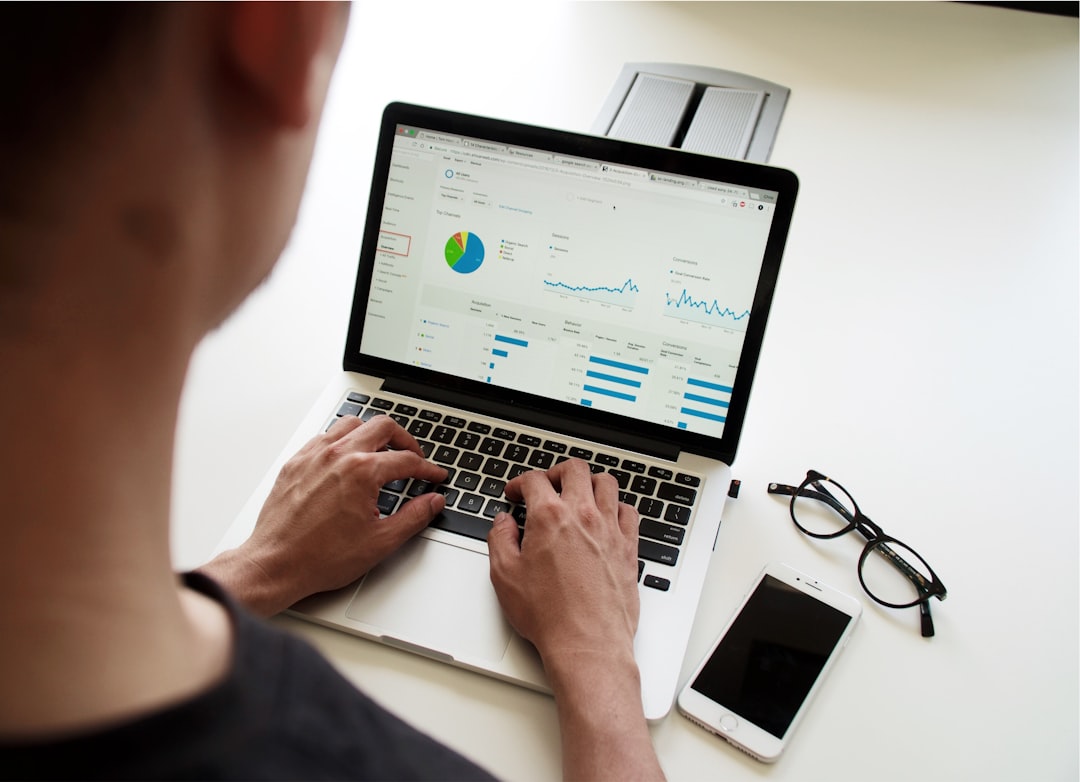Unlock encrypted content
Please enter your SSCE key to initiate on-the-fly decryption.
Decryption key: (Click cancel if you don't have the key)
Copied link to clipboard.
This feature is unavailable for free accounts. Upgrade now and enjoy all Premium benefits.
Go Premium!
This feature is unavailable for free accounts. Upgrade now and enjoy all Premium benefits.
Go Premium!
Please open this page in browser ( Google Chrome or Safari ) to use this feature.
Open In Browser
Mobile App Available: Automation and Job Displacement
Random related video for this blog.
Copied share link to clipboard.
One such innovation is the development of mobile apps, which have become an integral part of our daily lives. With the rise of automation, there is a growing concern about job displacement. However, mobile apps offer a unique solution to this problem by providing new opportunities and avenues for employment.
Automation and Job Displacement
Automation has been a topic of discussion for quite some time now. As technology continues to evolve, there is a fear that automation will replace human workers, leading to job losses. While it is true that certain jobs may become obsolete, it is important to note that automation also creates new job opportunities. Mobile apps are a prime example of this. Mobile apps have opened up a whole new world of possibilities, allowing individuals to create their own businesses and become self-employed. Whether it's developing an app for a specific niche market or offering services through an app, the opportunities are endless. This not only provides individuals with a source of income but also allows them to be in control of their own careers. Moreover, mobile apps have also facilitated the gig economy, where individuals can offer their services on a freelance basis. Platforms like Uber, Airbnb, and TaskRabbit have transformed traditional industries and allowed people to utilize their skills and resources in a flexible and convenient manner. This has created a decentralized workforce, giving individuals the freedom to work when and where they want.Multi-Device Access: Cloud File Synchronization
In today's fast-paced world, we are constantly switching between devices - from smartphones to tablets to laptops. This is where multi-device access comes into play. With cloud file synchronization, individuals can access their files and data seamlessly across multiple devices. Cloud storage providers like FileLu offer robust solutions for file synchronization. By storing files in thecloud, they can be accessed from any device with an internet connection. This eliminates the need for physical storage devices and ensures that files are always up to date. Let's say you are working on a project and need to access your files on the go. With a mobile app like FileLu, you can easily sync your files across your smartphone, tablet, and laptop. This allows for seamless collaboration and increased productivity. Whether you're at the office, at home, or on the move, your files are just a few taps away.
Cloud Storage for Individuals: Remote Access and Enhanced Security
Cloud storage has become increasingly popular among individuals due to its convenience and accessibility. With cloud storage, individuals can store their files and data in secure data centers, eliminating the need for physical storage devices. This not only frees up physical space but also provides remote access to files from anywhere in the world. FileLu, a leading cloud storage provider, offers individuals a secure and reliable solution for storing their files in the cloud. With their mobile app, users can easily upload, download, and manage files on the go. Whether it's important documents, cherished photos, or personal videos, everything can be safely stored in the cloud. One of the key benefits of cloud storage is enhanced security. FileLu ensures that files are encrypted at their data centers, providing an extra layer of protection against unauthorized access. This gives individuals peace of mind knowing that their files are securely stored and can only be accessed by authorized users.Brain-Computer Interface: The Future of Interaction
Advancements in technology have paved the way for the development of brain-computer interfaces (BCIs). BCIs are devices that allow direct communication between the brain and a computer system, opening up new possibilities for human-computer interaction. Imagine being able to control your mobile app with your thoughts or perform tasks simply by thinking about them. BCIs have the potential to revolutionize the way we interact with technology. From gaming to healthcare to communication, the applications of BCIs are vast. BCIs can be used to develop mobile apps that cater to individuals with disabilities. For example, a mobile app could be designed to help individuals with mobility impairments control their smart home devices or navigate their smartphone using their thoughts. This not only enhances accessibility but also empowers individuals to live more independently.Synthetic Biology: Unlocking New Frontiers
Synthetic biology is an emerging field that combines biology, engineering, and computer science to create new biological systems and organisms. This interdisciplinary approach has the potential to revolutionize various industries, including healthcare, agriculture, and energy. Mobile apps can play a crucial role in the field of synthetic biology by providing tools and resources for researchers and enthusiasts. For instance, a mobile app could allow users to design and simulate genetic circuits, explore DNA sequences, or access a database of genetic information. This not only accelerates the pace of research but also democratizes access to knowledge in the field.Li-Fi (Light Fidelity): The Future of Wireless Communication
Li-Fi, or Light Fidelity, is a wireless communication technology that uses light waves instead of radio waves to transmit data. This emerging technology has the potential to revolutionize wireless communication, offering faster speeds and increased security compared to traditional Wi-Fi. Mobile apps can leverage Li-Fi technology to provide users with seamless and high-speed data transfer. For example, a mobile app could utilize Li-Fi to transfer large files or stream high-definition videos without any lag. This not only enhances the user experience but also opens up new possibilities for applications such as augmented reality and virtual reality. In conclusion, mobile apps have transformed the way we live and work. From automation and job displacement to multi-device access and cloud storage, mobile apps offer endless possibilities. The integration of technologies like brain-computer interfaces, synthetic biology, and Li-Fi further expands the horizons of what mobile apps can achieve. As technology continues to evolve, it is crucial to embrace these advancements and leverage them to create a better future.Frequently Asked Questions (FAQs)
Question: How can mobile apps help with job displacement? Answer:
Mobile apps provide new opportunities for self-employment and gig economy, allowing individuals to create their own businesses and offer services on a freelance basis.
Question: What is cloud file synchronization? Answer:
Cloud file synchronization allows individuals to access their files seamlessly across multiple devices by storing them in the cloud.
Question: How does cloud storage enhance security? Answer:
Cloud storage providers like FileLu encrypt files at their data centers, ensuring that they are securely stored and can only be accessed by authorized users.
Question: What is the potential of brain-computer interfaces? Answer:
Brain-computer interfaces have the potential to revolutionize human-computer interaction and enhance accessibility for individuals with disabilities.
Question: How can synthetic biology benefit from mobile apps? Answer:
Mobile apps can provide tools and resources for researchers and enthusiasts in the field of synthetic biology, accelerating research and democratizing access to knowledge.
Question: What is Li-Fi and how can it be used in mobile apps? Answer:
Li-Fi is a wireless communication technology that uses light waves to transmit data. Mobile apps can leverage Li-Fi for high-speed data transfer and applications such as augmented reality and virtual reality. To experience the benefits of cloud storage and file synchronization, visit FileLu today.
By Amelia Isabella
Email: [email protected]
Related
The Future of File Management: Real-Time Collaboration and Biometric Authentication.
May 31, 2023
Read More
Popular
Latest
The Future of Digital Transformation: Exploring Smart Homes, Efficient File...
November 30, 2025
Read More
Exploring the Benefits of Cloud Storage and Innovative Technologies in...
November 26, 2025
Read More
The Future of Technology: Exploring Biohacking, Space Tourism, and Digital...
November 23, 2025
Read More
The Future of File Sharing: Streamlined Workflows for Photographers and...
November 19, 2025
Read More
Exploring the Intersection of Technology: From Cybersecurity to Augmented Reality...
November 16, 2025
Read More
The Future of File Management: Embracing Edge Computing and Efficient...
November 12, 2025
Read More
The Future of File Sharing: Exploring User-Friendly Solutions and Data...
November 5, 2025
Read More
The Future of Cloud Storage: How FileLu Empowers Creative Professionals...
November 2, 2025
Read More
The Future of Autonomous Technologies: Innovations in Robotics, File Sharing,...
October 29, 2025
Read More
Emerging Technologies Revolutionizing File Management: From Li-Fi to Robust Collaboration...
October 26, 2025
Read More
Emerging Technologies: Exploring the Impact of File Access Auditing, Genetic...
October 19, 2025
Read More
The Future of Data Storage: Exploring Advanced Encryption, Mobile Integration,...
October 5, 2025
Read More
Exploring the Future of Data Management: Security, Efficiency, and Cognitive...
September 28, 2025
Read More
Revolutionizing Data Management: Innovations in Storage, Security, and Sustainable Technology.
September 24, 2025
Read More

